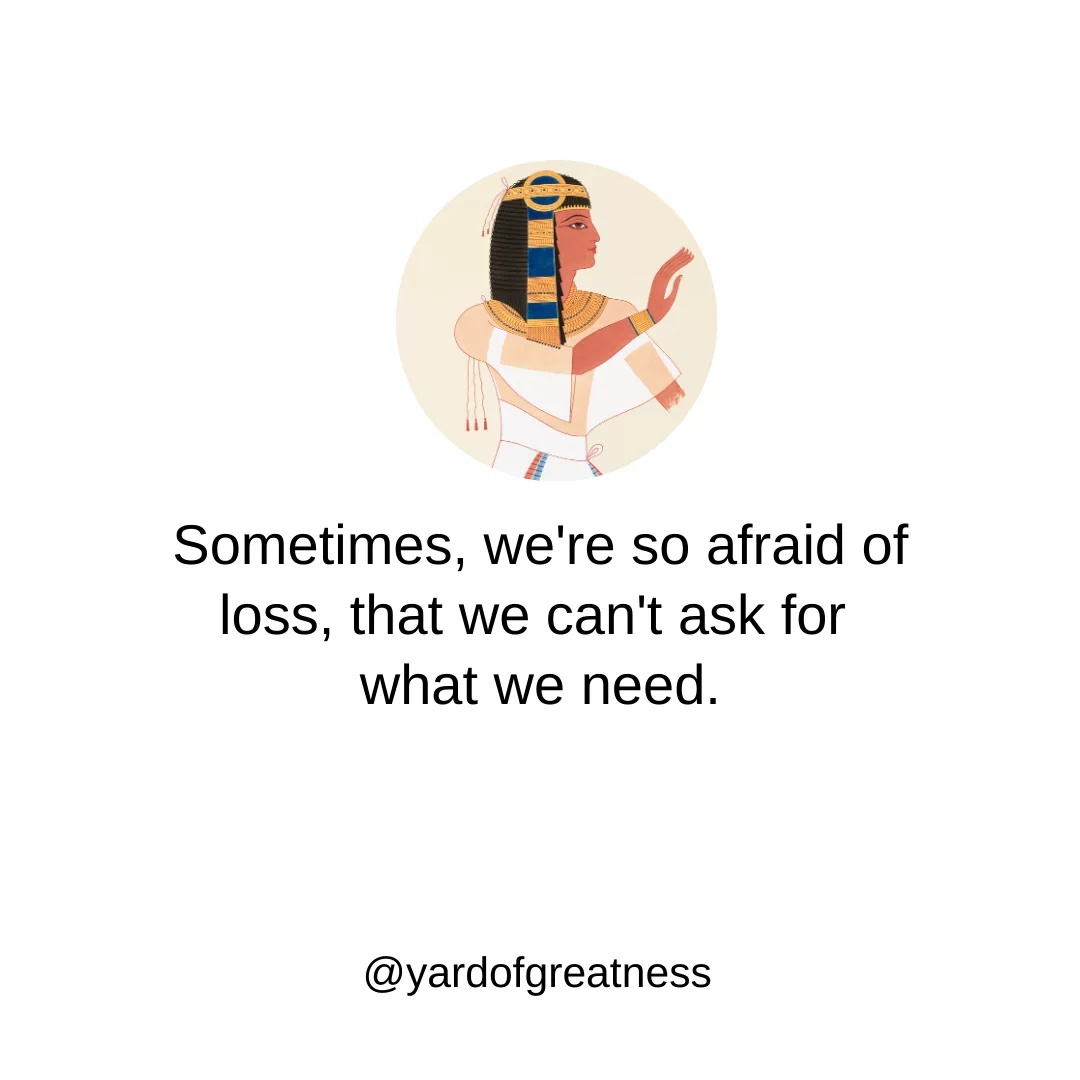
Peace and blessing family, Happy Kwanzaa!
Kwanzaa is a global, week-long celebration which honours 7 cultural values. Kwanzaa means first fruits of the harvest in Swahili. This takes place from 26th December to 1st January. We celebrate one principle each day using Swahili words and end with a huge feast and gift-giving.
Today is Day 1 which is all about unity (Umoja): To strive for and maintain unity in the family, community, nation, and race.
Unity is defined by how well we work together with others. It’s the opposite of being divided, to embrace togetherness. Under the system of racism, unity is often difficult because we internalise so much negativity about our blackness. In order for unity to thrive, we need to keep asking ‘where can I grow?’ and, ‘how can I serve?’
Just for today, remember that unity in the community begins with personal responsibility. If you’re feeling stuck around your growth and want to nurture the unity within yourself, click below to download the Kwanzaa offers to reconnect to your growth process.
www.kwanzaa.juneallen.net


